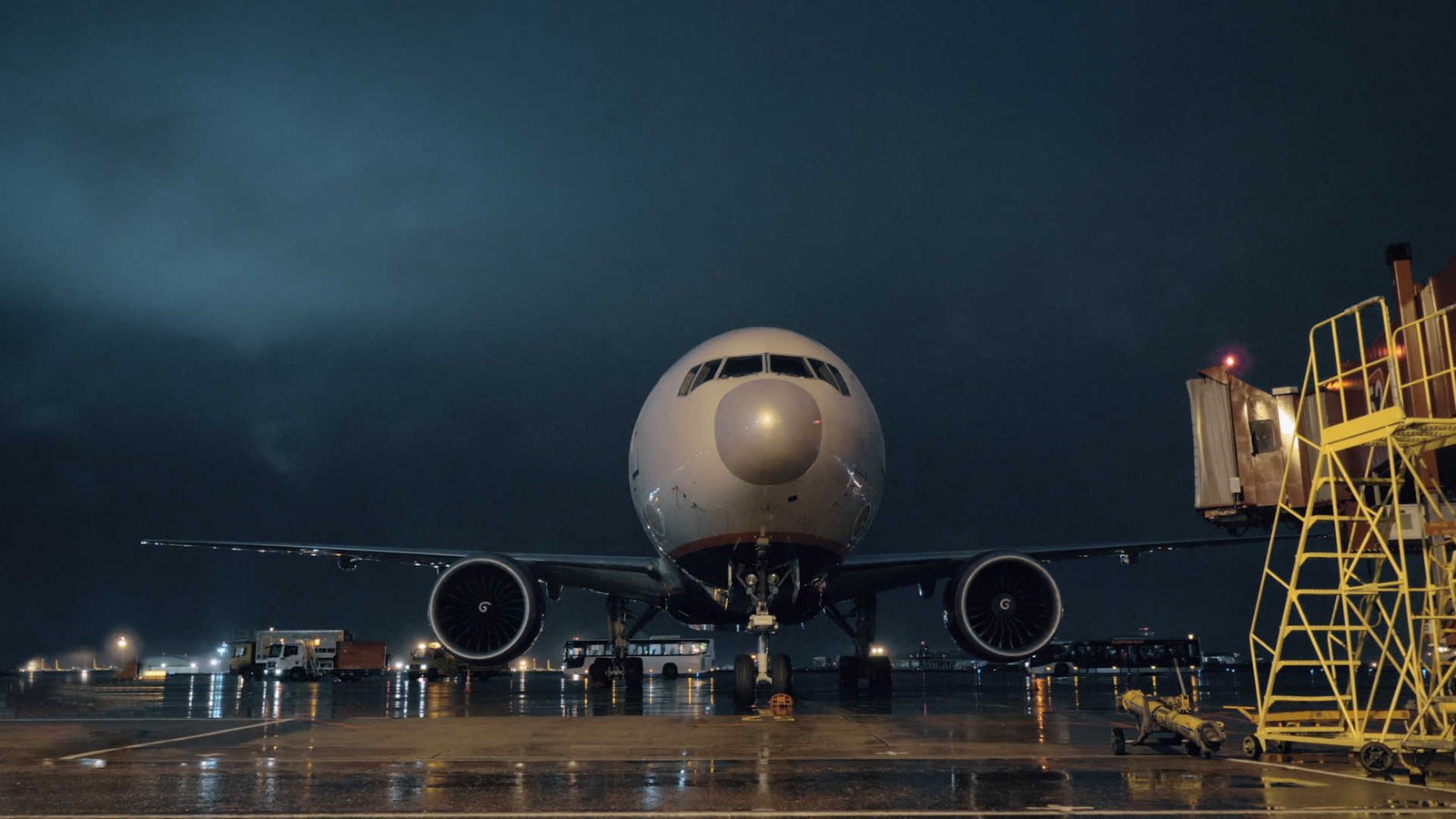
In a significant move to enhance its manufacturing capabilities and address ongoing quality control issues, Boeing has agreed to acquire Spirit AeroSystems, one of its major suppliers, in an all-stock transaction valued at $4.7 billion, or $37.25 per share. Including Spirit's existing net debt, the total value of the deal stands at approximately $8.3 billion.
The acquisition, announced on Monday, aims to bolster Boeing's safety standards and streamline its production processes. “This transaction serves the best interests of our stakeholders, including the flying public, airline clients, employees of both companies, shareholders, and the broader community,” said Dave Calhoun, President and CEO of Boeing.
Spirit AeroSystems, headquartered in Wichita, Kansas, is a critical supplier for Boeing, manufacturing key components such as the fuselages for the 737 Max. Despite also supplying Airbus, Boeing remains Spirit's primary customer. The acquisition will see Spirit split, with Airbus acquiring certain segments of Spirit's operations related to its activities with Airbus for a symbolic $1. Airbus will take over the production of A350 fuselage sections in North Carolina and France, as well as A220 wings and mid-fuselage in the United Kingdom, receiving $559 million from Spirit as part of the transition.
Patrick M. Shanahan, President and CEO of Spirit, expressed confidence in the merger. “After carefully evaluating Boeing’s offer to combine, we are confident this transaction is in the best interest of Spirit and its shareholders and will benefit Spirit’s other stakeholders,” Shanahan said. “Bringing Spirit and Boeing together will enable greater integration of both companies’ manufacturing and engineering capabilities, including safety and quality systems.”
The deal comes as Spirit has faced its own set of quality control challenges, which have impacted Boeing's productivity and reputation. Notably, a door plug incident on an Alaska Airways 737 Max, attributed to Spirit, resulted in a significant safety breach. Additionally, Spirit's use of non-standard manufacturing processes in the production of 737 Max jets has led to delivery halts and rework requirements for Boeing.
Boeing has been providing additional funds to Spirit to address these quality issues, totaling $60 million last year and $395 million in 2024 and 2025. These payments underscore Boeing's interest in resolving Spirit's problems, as Boeing's own profitability is linked to Spirit's operational efficiency.
The acquisition is part of Boeing's broader strategy to revamp its tarnished safety reputation and improve its manufacturing processes. The company has been in discussions with the US Justice Department regarding potential fines and the appointment of a corporate monitor, following criticism from the families of victims of fatal 737 Max crashes.
Boeing's decision to reintegrate Spirit AeroSystems, which was spun off from Boeing in 2005, reflects the intricate relationship between aircraft manufacturers and their suppliers. The merger is expected to enhance aviation safety and quality, benefiting customers, employees, and shareholders.
As the legal and regulatory processes unfold, the aerospace industry will be closely watching the implications of this major acquisition. The deal underscores the critical role of quality control and operational efficiency in ensuring aviation safety and reliability.








